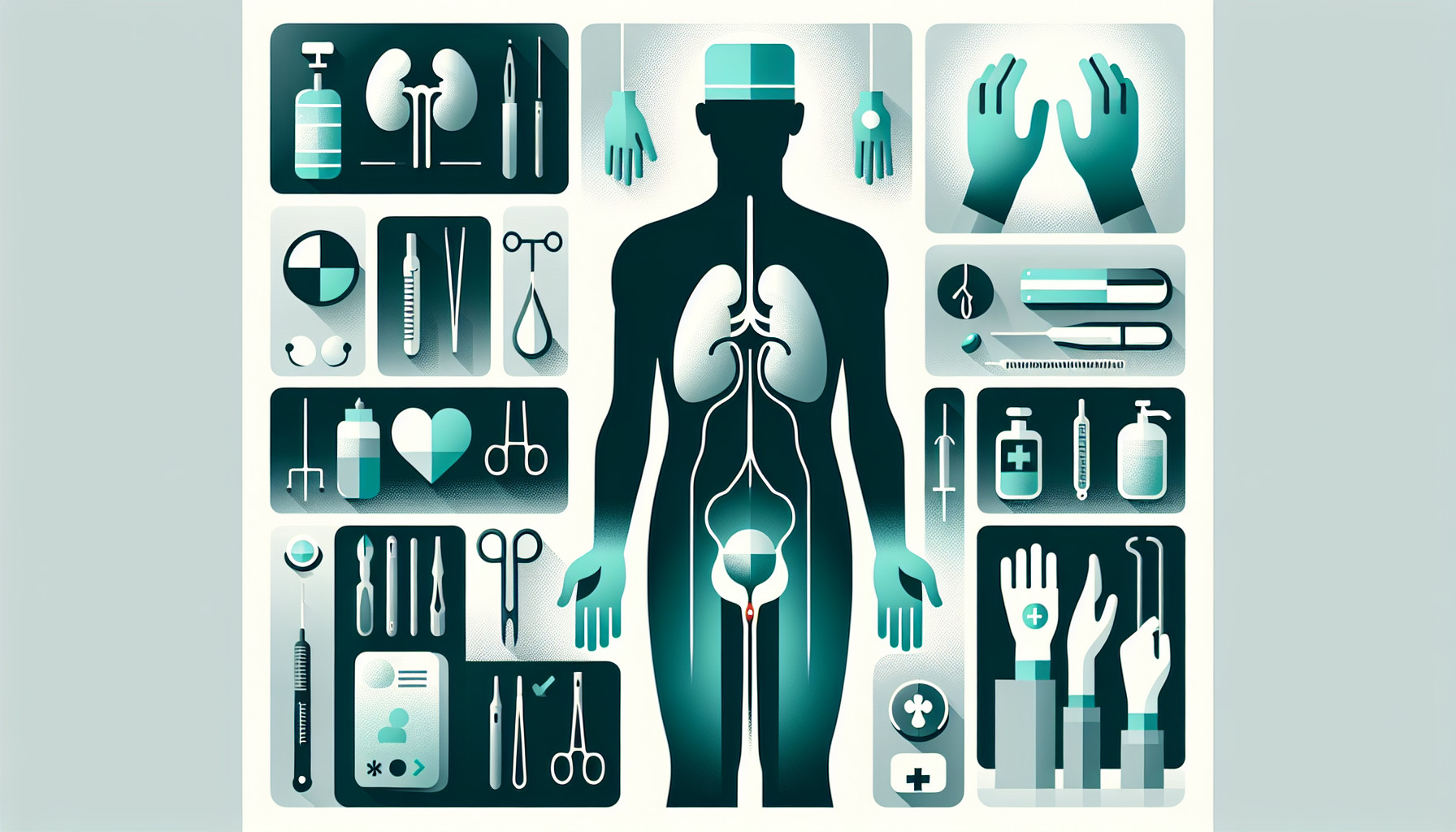Our Summary
This research paper explores whether the side from which a kidney is donated (left or right) impacts the outcome and safety of the procedure. They reviewed data from kidney donations at their center between December 2004 and July 2019, alongside other scientific literature on the subject.
The researchers found that, during their study period, 152 live kidney donations took place, with 66 being from the left side and 86 from the right. There was one instance of a blood clot in the transplant vein in each group, and the outcomes for the recipients were similar regardless of which side the kidney came from.
The study also showed that in general, more left-sided kidney donations are performed, possibly due to surgeon preference. Although there was a slightly higher risk of blood clot formation after right-sided kidney donation, all researchers agreed that it is a safe procedure with good outcomes.
In conclusion, the researchers suggest that right-sided kidney donation is a safe procedure with a slightly increased risk of complications compared to the left side, but it is still a recommended procedure. The safety and outcome for the donor and recipient are comparable, though the results can depend on the surgeon’s experience.
FAQs
- Does the side from which a kidney is donated impact the outcome and safety of the procedure?
- Is there a higher risk of blood clot formation after right-sided kidney donation?
- Does the outcome for the recipient depend on whether the kidney was donated from the left or right side?
Doctor’s Tip
A doctor might advise a patient undergoing nephrectomy to discuss the potential risks and benefits of left versus right kidney donation with their surgeon. They may also recommend closely following post-operative care instructions to minimize the risk of complications and ensure a successful recovery.
Suitable For
Patients who may be recommended for nephrectomy include those with:
Kidney cancer: Nephrectomy is often recommended for patients with kidney cancer, especially if the cancer is localized to one kidney and has not spread to other parts of the body.
Chronic kidney disease: In cases where one kidney is significantly damaged or not functioning properly, nephrectomy may be recommended to improve overall kidney function and prevent further complications.
Kidney donation: Individuals who choose to donate a kidney to a family member or friend in need of a transplant may undergo nephrectomy as part of the donation process.
Polycystic kidney disease: Nephrectomy may be recommended for patients with polycystic kidney disease if the cysts are causing pain, infection, or other complications.
Kidney trauma: In cases of severe kidney trauma, nephrectomy may be necessary to remove the damaged kidney and prevent further complications.
It is important for patients to discuss the risks and benefits of nephrectomy with their healthcare provider to determine if it is the best treatment option for their specific condition.
Timeline
Before nephrectomy:
- Patient undergoes a series of tests and evaluations to determine if they are a suitable candidate for nephrectomy.
- Patient meets with their healthcare team to discuss the procedure, risks, benefits, and recovery process.
- Patient may need to make lifestyle changes or adjustments in preparation for surgery, such as quitting smoking or adjusting medications.
- Patient undergoes pre-operative testing, such as blood work and imaging studies.
- Patient meets with an anesthesiologist to discuss anesthesia options and plan for pain management.
- Patient may need to fast before the surgery and follow specific instructions from their healthcare team.
After nephrectomy:
- Patient wakes up in the recovery room after the surgery.
- Patient is monitored closely for any complications or side effects, such as bleeding, infection, or changes in kidney function.
- Patient may experience pain and discomfort at the surgical site, which can be managed with medication.
- Patient may need to stay in the hospital for a few days for monitoring and recovery.
- Patient will be given instructions for post-operative care, including wound care, activity restrictions, and follow-up appointments.
- Patient will need to gradually increase activity and return to normal daily routines as they recover.
- Patient will have regular follow-up appointments with their healthcare team to monitor kidney function and overall health.
What to Ask Your Doctor
Some questions a patient should ask their doctor about nephrectomy include:
- What are the potential risks and complications associated with nephrectomy?
- Will the outcome and safety of the procedure be impacted by which side the kidney is donated from?
- How experienced is the surgeon in performing nephrectomies, particularly from the right side?
- What is the recovery process like after nephrectomy?
- How will my kidney function be affected after donating a kidney?
- Are there any long-term effects or risks associated with living with one kidney?
- Will I need to make any lifestyle changes after the surgery?
- What follow-up care will be needed after the nephrectomy?
- How will the recipient of my donated kidney be monitored for any complications?
- Are there any alternatives to nephrectomy that should be considered?
Reference
Authors: Weigand K, Kawan F, Schumann A, Mohammed N, Lindner F, Fornara P. Journal: Urologe A. 2020 Jan;59(1):32-39. doi: 10.1007/s00120-019-01094-8. PMID: 31915888
